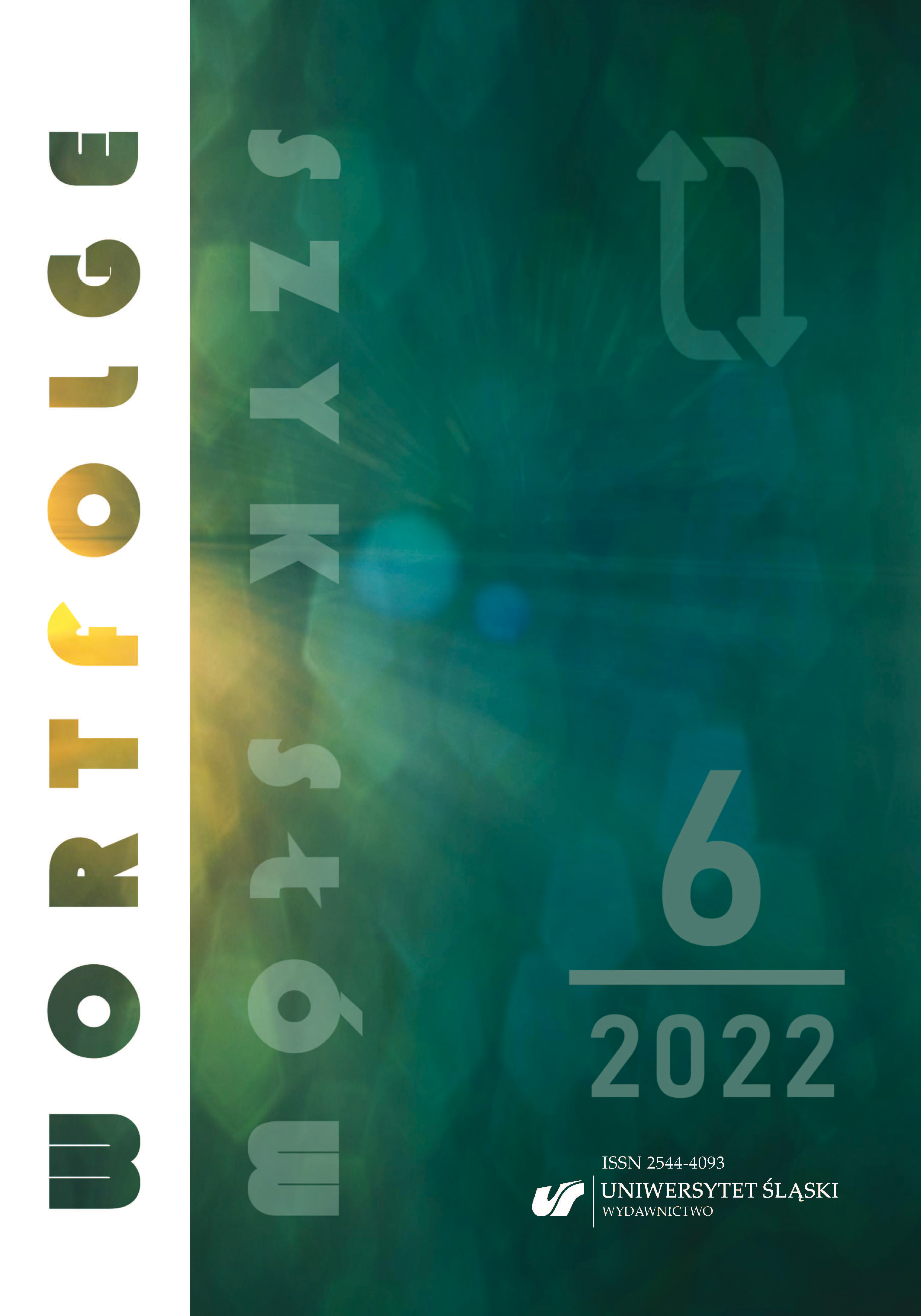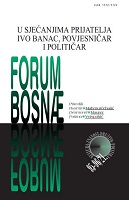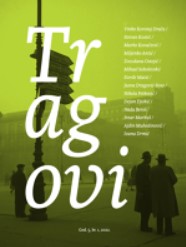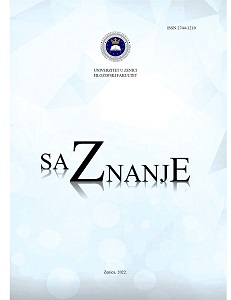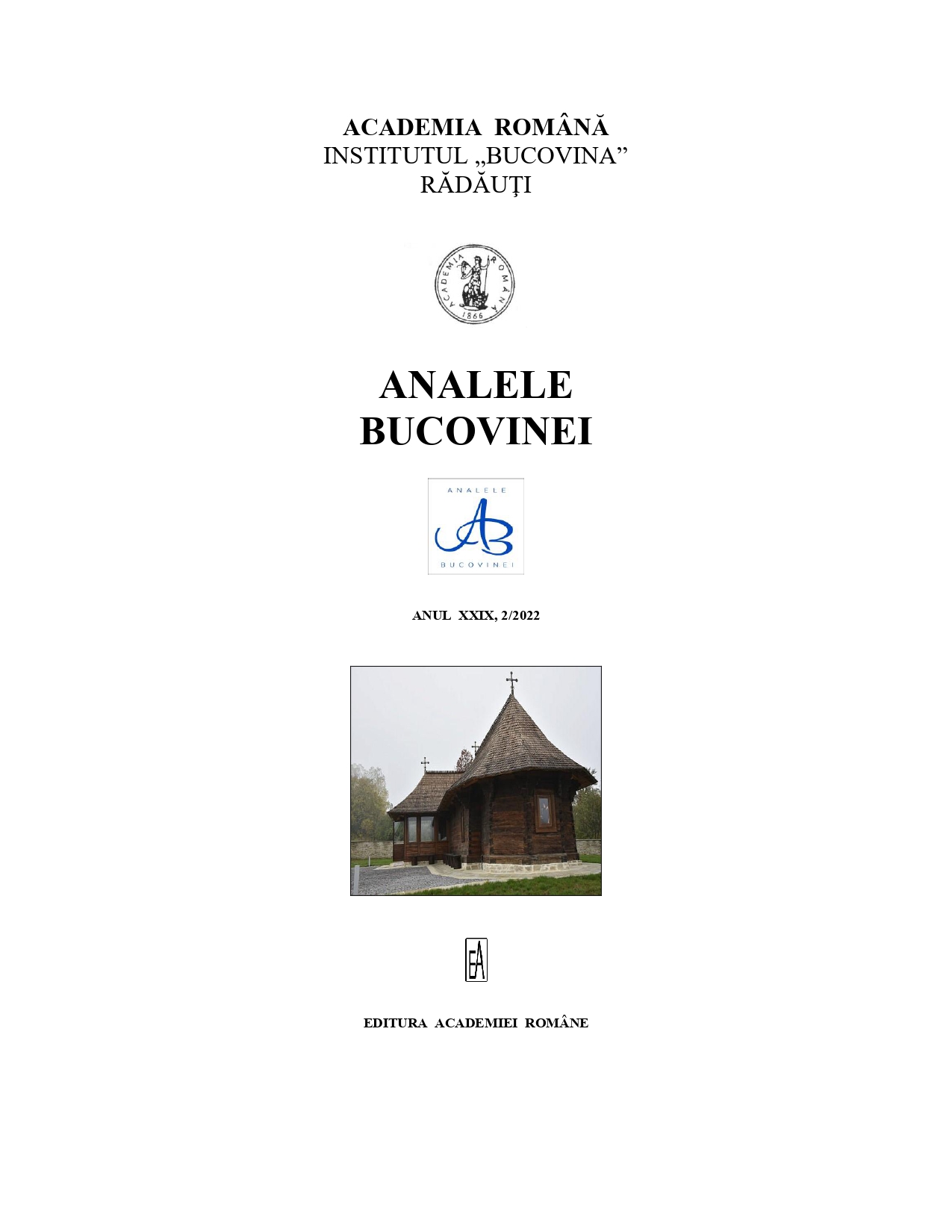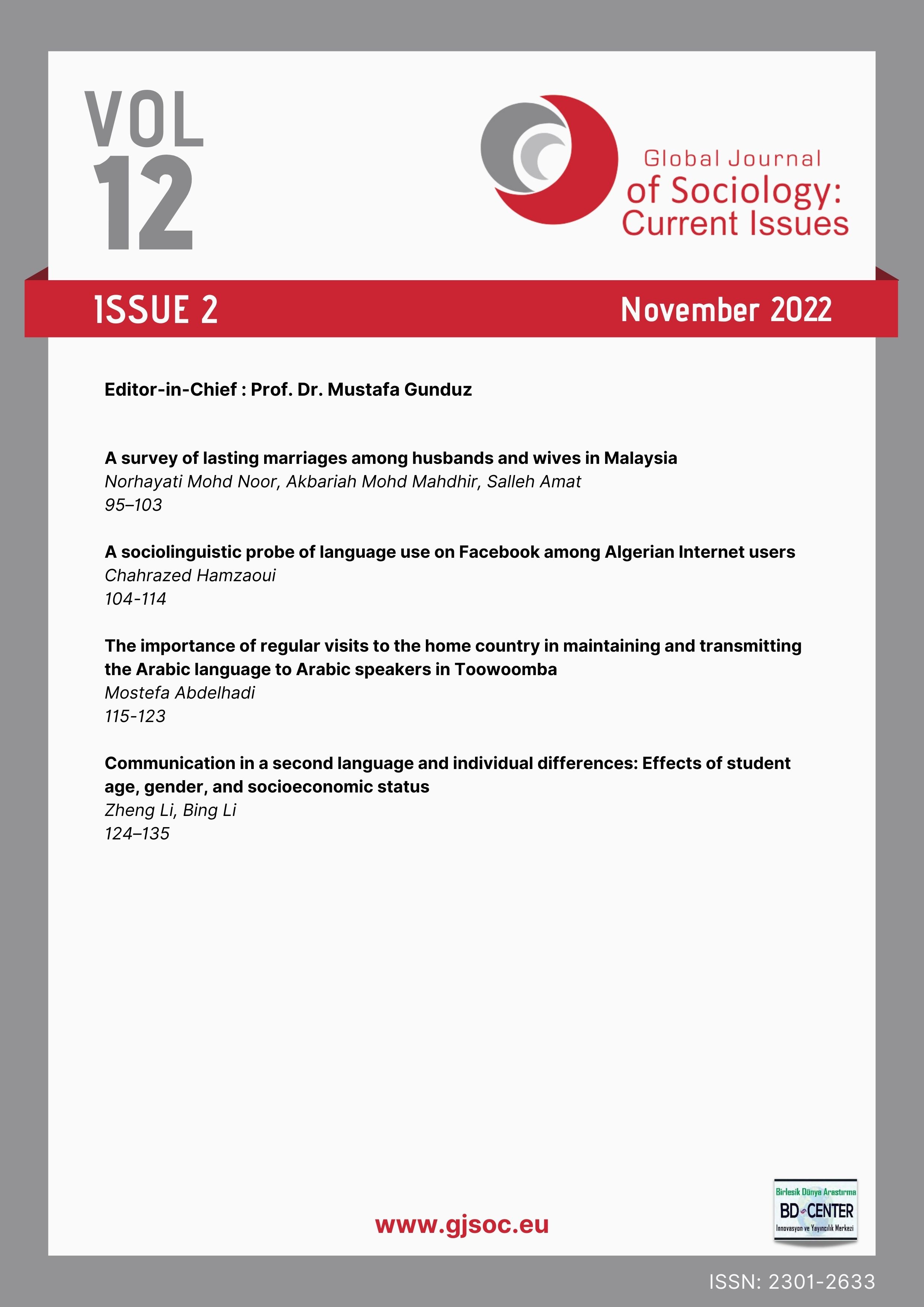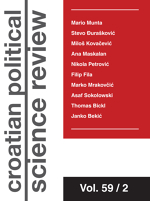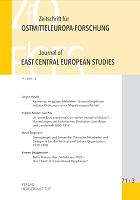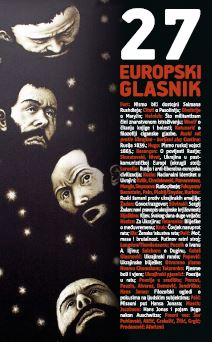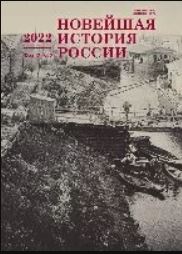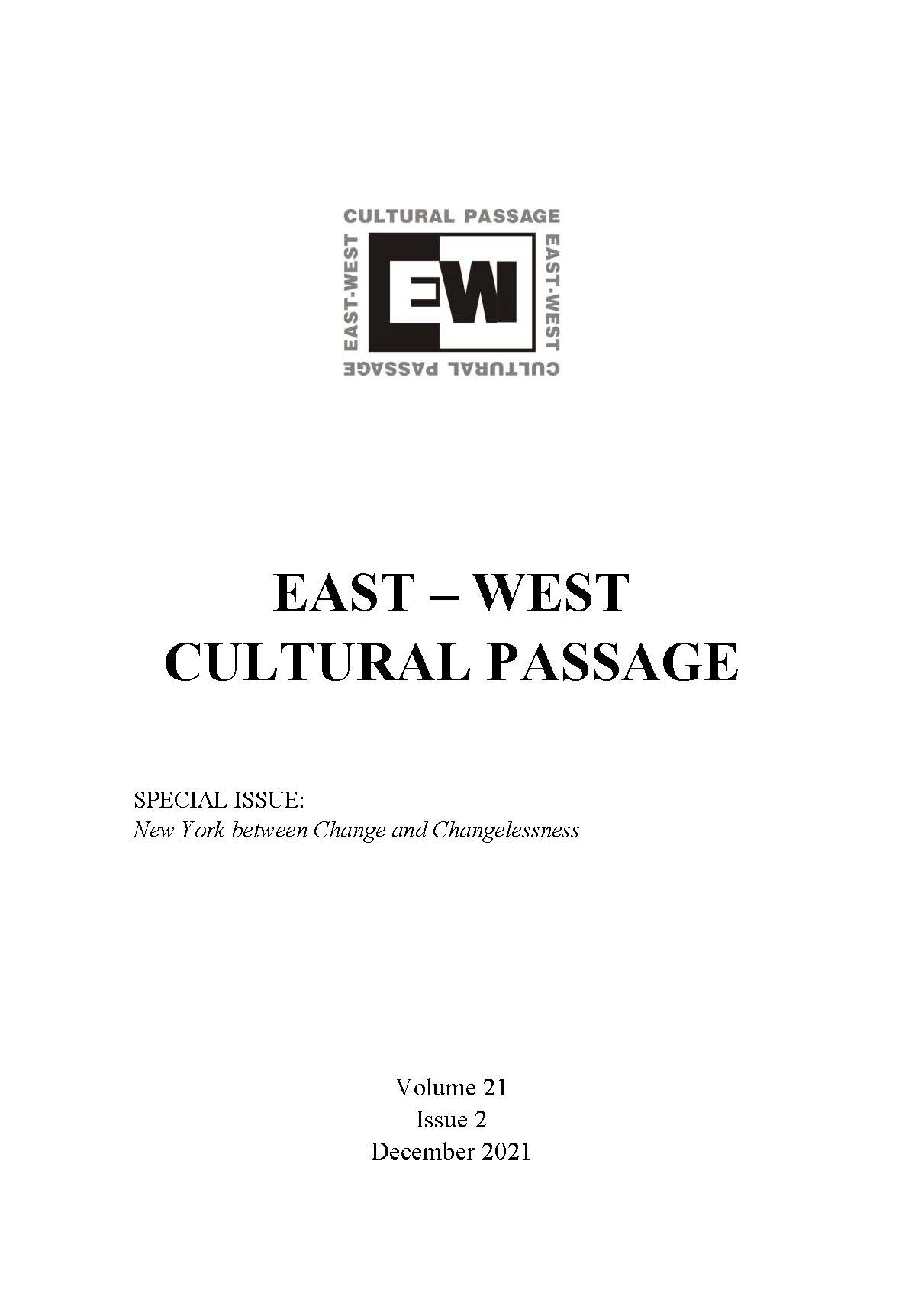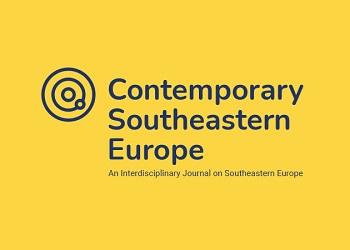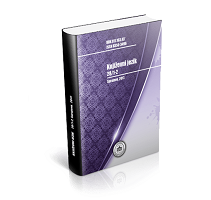Author(s): Abdulla Khamidovich Daudov,Elena Petrovna Mamysheva / Language(s): Russian
Issue: 39/2022
The article discusses the problem of creation and functioning in 1921–1938 of a higher education institution for immigrants from the East countries and for Eastern national minorities of the USSR: the Stalin Communist University of the Toilers of the East. Within the 100-year anniversary, the appeal to the history of the KUTV, called the “forge of personnel”, becomes particularly relevant. Under the conditions of socio-economic, political, and cultural transformations in the USSR in 1920s–1930s, the issue of attracting the natives familiar with traditions and everyday life to the authorities, administration, and courts demanded an urgent solution. Based on the analysis of the latest literature and materials of the Russian State Archive of Socio-Political History (RGASPI), the article considers the conditions of opening this educational institution. The authors pay special attention to university reorganization that happened under the influence of domestic and foreign political circumstances. The authors considered the conditions of admission to the university, the faculty, defined by the international nature of the KUTV and having the Soviet and foreign sectors. In both sectors, significant attention was paid to the disciplines forming the Marxist revolutionary worldview. Because of the problem in teaching cadets native languages at the university, the main emphasis was placed on Russian. An integral part of the curriculum was industrial practice at enterprises in Moscow and then in the regions. The foreign sector opening was prompted not only to export the revolution, but also to create, with future leaders’ help, a loyal environment of the world’s first socialist state. During the country’s development, the emergence of new state’s tasks, changes in national policy, in the system of party education led to a revision of the necessity for the KUTV. Due to the recognition of the inexpediency of its existence, the university was liquidated in 1938.
More...

